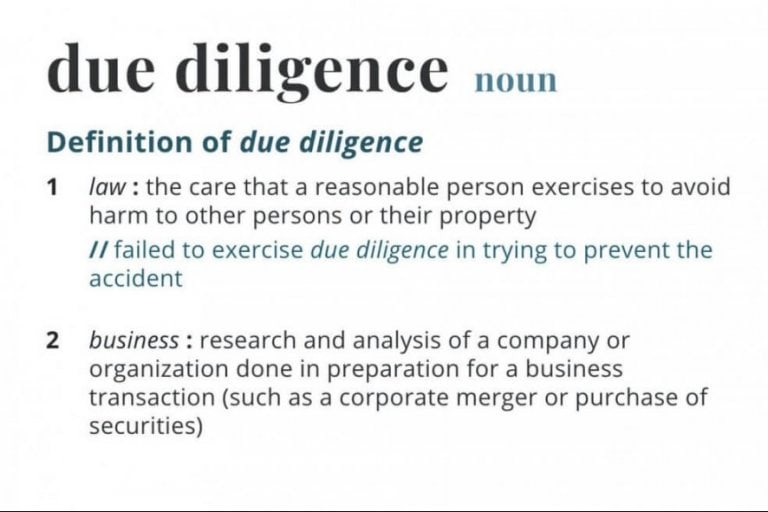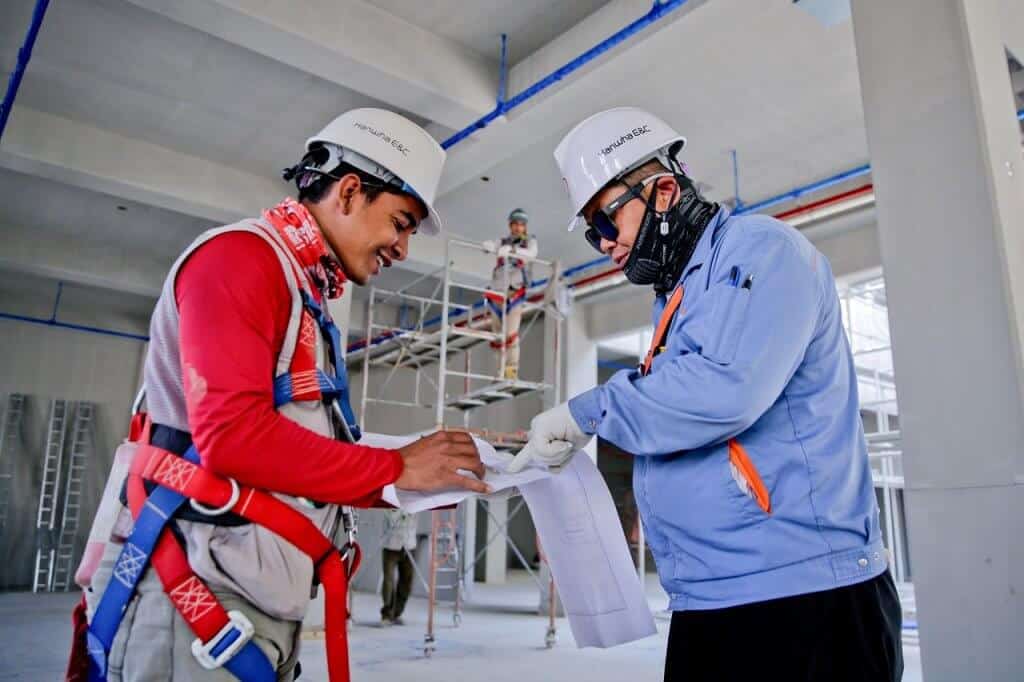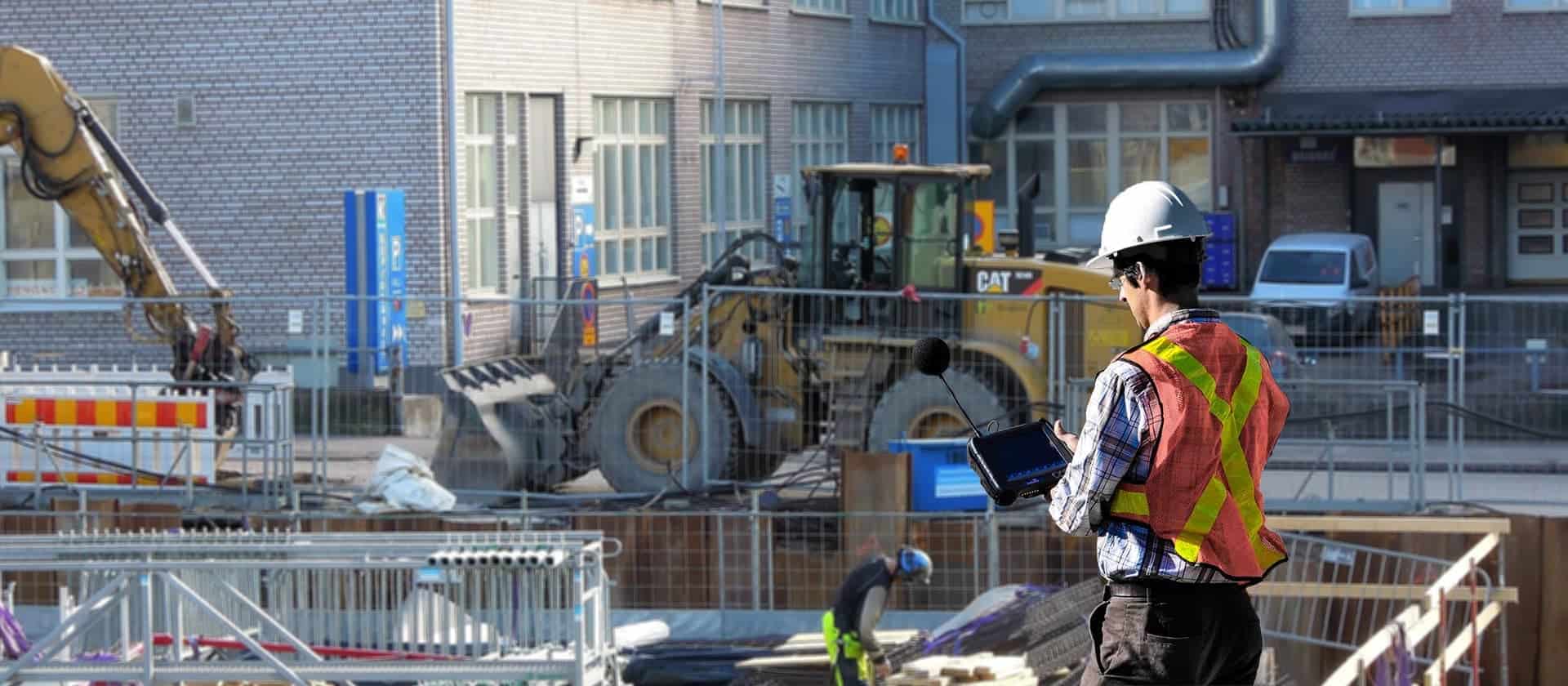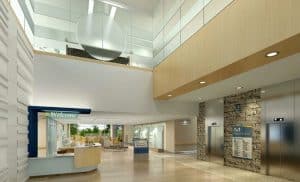In crafting this opening paragraph, the most salient observation I’m inclined to share is that—just as anyone can call themselves a writer—anyone can call themselves an acoustical consultant. That doesn’t mean highly qualified acoustical consultants aren’t out there, but it does suggest you’ll need to take some time and care to find the right one for you. Hint: While anyone can indeed call themselves an acoustical consultant, acoustical engineers earn their titles through rigorous academic study and credentials.

Acoustical engineers earn their titles through rigorous academic study and credentials.
So how do you find that formally trained and accredited consultant? A fast peruse through Google or the Yellow Pages will yield dozens of listed “acoustical consultants”, but be aware that many of them are contractors or material suppliers as opposed to qualified and experienced engineers. The former may build or sell products; the latter will provide expert, unbiased advice, and that’s indispensable. To secure the best possible acoustic conditions for your project—no matter its scope—you’ll want to do a little digging. Beyond visiting and reading company websites, we suggest the following measures.

1. Outline your specific needs
To the greatest extent possible, know what you need at the outset. Certainly a consultant can guide you in clarifying your acoustic requirements. But the more you can define how you’d like the space to look, feel, sound, and function, the better they can help you achieve those desired results.
2. Determine the scope of your project
Your consultant’s involvement level can vary considerably. Are you looking for comprehensive service, from space analysis, design advice and material sourcing through to compliance testing? Or do you need more basic help and general recommendations? Establish this early to avoid confusion later.
3. Ask around
One day, I’d love to buy a camper van and travel around the continent in it. But seeing as I know very little about these vehicles, the first thing I’d do before shopping is ask my online community members to share their knowledge and recommendations. Before randomly choosing an acoustical consultant, seek out the experiences of others who have worked with these professionals. Approach civic planners, mechanical services engineers, architects and developers for their advice. Or ask your online colleagues and friends, who may well have more to offer than cat videos or Netflix series spoilers.
4. Establish a shortlist of candidates
Having done your homework, you’re now ready to narrow down options before picking up the phone or writing those emails.
5. Contact your initial choices.
Communicate your needs and scope as clearly as possible, making sure to request a proposal and capability statement from each firm.

Request a proposal and capability statement from each firm.
6. Review proposals and statements to further narrow your choices.
At this stage, you’ll want to look for:
- Qualifications, experience and resources.
- Gather all relevant information about individuals who will potentially work on your project.
- Remember, even if someone works for a large, copiously staffed organization, they may not personally have a great deal of experience. You probably don’t want a project manager learning on your dime.
- Recent, relevant project experience and references or testimonials.
- Of all considerations, experience stands out as perhaps the most important.
- The ideal choice will have worked on projects as similar to yours as possible. Acoustical requirements of a yoga studio, as an example, differ substantially from those of a house.
- Insurance.
- BAP Acoustics carries $2M Professional Liability Insurance coverage and $5M General Liability Insurance coverage.
- A copy of BAP Acoustics’ Professional Liability certificate is available to potential clients upon request.

Determine the scope of your project.
Key takeaway here? Compare apples with apples—i.e. fees with fees—only after you’ve compared exactly what it is you’ll receive for your money.

Of all considerations, experience stands out as perhaps the most important.
7. Talk to the firms you’ve selected as suitable candidates and hire the one best meeting your criteria.
In negotiating conditions of engagement, ensure your budget allows the consultant to properly undertake your project. Again, overall fees and hourly rates should comprise only one component of your decision. “You get what you pay for” may be a cliché, but like all the best clichés, it holds some water. (What? “Holds water” is an idiom, not a cliché.)
So why choose BAP?
TECHNICAL KNOWLEDGE:
As a team of professional engineers, we conduct research and develop software tools to better understand and solve your acoustic problems.
CUSTOMER VALUE:
Through this better understanding, we recommend cost-effective solutions without over-engineering.
TEAMWORK:
We integrate with your team to deliver acoustic performance.
INNOVATIVE SOLUTIONS:
Our technical knowledge and extensive experience allows us to offer innovative solutions.
INTERNATIONAL EXPERIENCE:
We support additional market sectors through our extended team including our UK partners.
FLEXIBILITY:
Our flexible and efficient team meets your unique requirements and delivers on time.
Still unclear as to whether you need an acoustical consultant and how choose one? We encourage you to contact us with any questions you may have.




